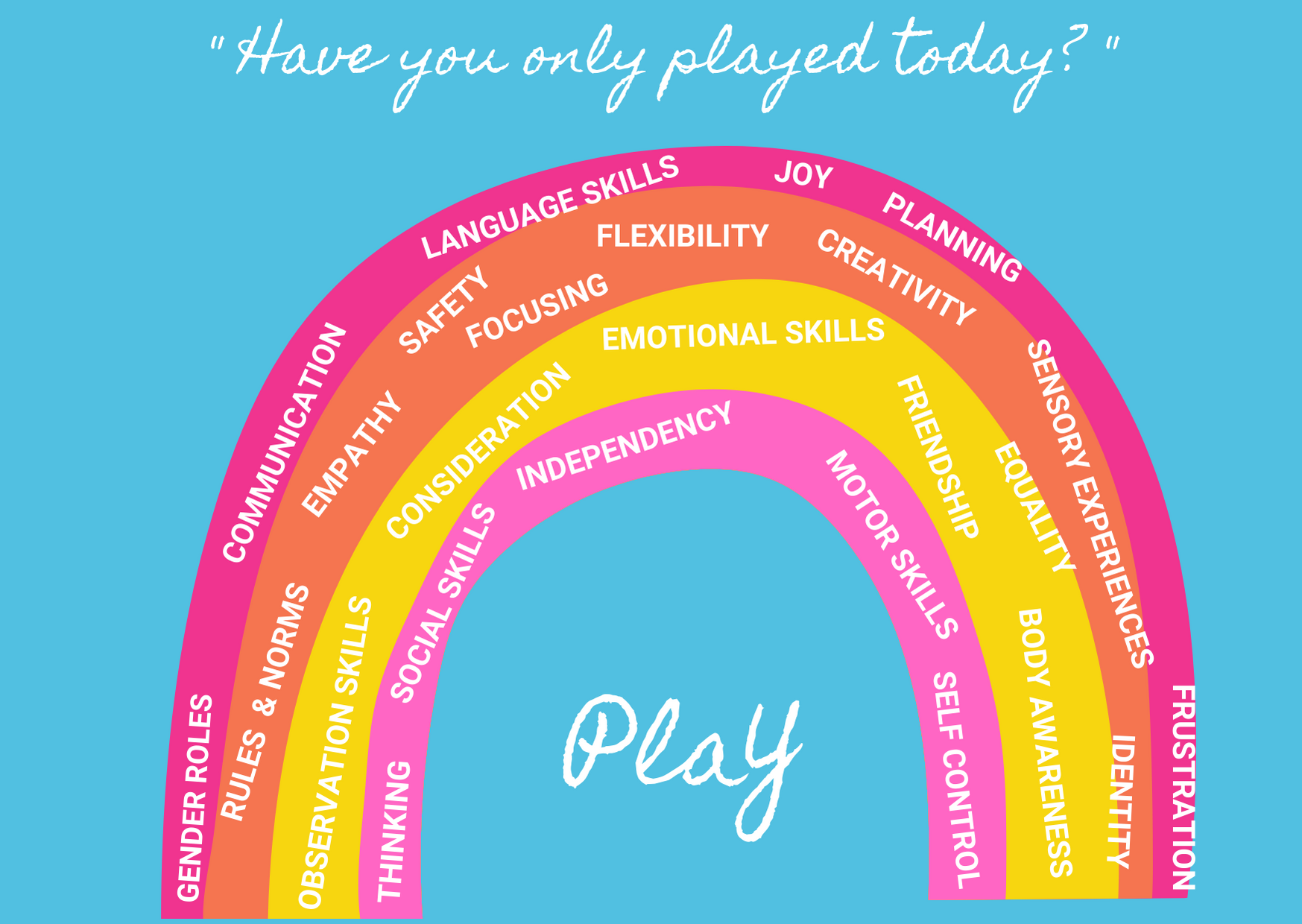
"NO!" says Kindiedays, but read what the reality is from a new report by UNICEF. Where Do Rich Countries Stand on Childcare? ranks the accessibility, affordability and quality of childcare for children between birth and school age. This article is based on the UNICEF's publication by Anna Gromada and Dominic Richardson.
Affordable, quality childcare is inaccessible even in many of the world’s wealthiest countries, UNICEF said in a new report released on 18th June 2021. Finland, Iceland, Latvia, New Zealand and Denmark have the highest quality of childcare and best practices from these countries can be applied and adapted everywhere.
Sign up for a free consultative call with Kindiedays from Finland
“To give children the best start in life, we need to help parents build the nurturing and loving environment that is so critical to children’s learning, emotional well-being and social development,” said Henrietta Fore, UNICEF Executive Director. “Government investment in family-friendly policies, including childcare, ensures parents have the necessary time, resources and services they need to support their children at every stage of their development.”
Guarantee holistic learning for the whole center
Childcare should provide affection, protection, stimulation and nutrition and enable children to develop social, emotional and cognitive skills. These goals can be achieved through high-quality childcare both within and outside the family.
Rather than viewing one form of care as inherently better for children, the report looks at the policy mix and the scope of choice offered to parents who decide to stay with their children, as well as those who decide to use organized care.
Childcare should provide affection, protection, stimulation and nutrition and enable children to develop social, emotional and cognitive skills. These goals can be achieved through high-quality childcare.
Family care is stressful for many parents
Even if family care is a positive experience for most children, it can weigh heavily on caregivers, especially if they are experiencing a time or financial crunch. For many parents, their childhood experiences, mental health and well-being will affect their parenting ability; and successful parenting will become a learnt, not inherent, skill. Caring for a child can be one of life’s most gratifying experiences. Still, without adequate support, parents can become stressed, exhausted and forced to make excessive sacrifices in their education, employment and social life. The next section looks at the informal and formal childcare that can support them.
When parental leave ends, some children attend organized childcare in kindergartens, preschools and other early education centers. It can relieve fatigued parents and enable them to return to work or attain a balance between paid work, self-care and caring for others (Brilli et al., 2016). Such care, if of high quality, benefits children by fostering cognitive and social-emotional skills. Interactions with other children support children’s social, emotional and behavioural development, giving them skills they can use in school and in their lives outside school.
Such care, if of high quality, benefits children by fostering cognitive and social-emotional skills. Interactions with other children support children’s social, emotional and behavioural development, giving them skills they can use in school and in their lives outside school.
Which children benefit from early education?
Early education and care may be especially beneficial in preventing children from disadvantaged backgrounds, and children whose parents left education early, from falling behind their peers in cognitive development in the early years (Heckman and Raut, 2016). In this way, access to early caring and educational experiences outside the home can have an equalizing effect on children’s development and life chances. The main challenge is to ensure that childcare is accessible, affordable, equitable and high quality.
Due to the lack of comparable data, the quality of childcare is measured in this report through the inputs, such as children-to-staff ratio and caregivers’ qualifications. Low ratios and small groups enable every child to get enough attention from the caregiver, which enhances their safety and development.
Results do show that parents are more satisfied with childcare in countries with affordable prices. Enrolment follows both affordability and good opinion of care services.
Goal-oriented teachers' self assessment secures quality
Which countries offer quality childcare?
Luxembourg, Iceland and Sweden occupy the top places; the best performers manage to combine affordability with quality of organized childcare. They also offer generous leave to both mothers and fathers, giving parents choice how to take care of their children.
However, no country is a leader on all four fronts suggesting that there is room for improvement everywhere, even among the more family-friendly countries.
Slovakia, the United States, and Cyprus occupy the bottom places. Weak investments in parental leave and childcare appear to indicate that childcare is seen more as a private rather than a public responsibility.
Iceland, Latvia, New Zealand, Finland and Denmark have the highest quality of childcare. Denmark, Finland and New Zealand combine a low children-to-staff ratio with high qualifications of caregivers to ensure that children get sufficient attention from trained personnel.
What is Finnish ECEC?
Early education during COVID-19 pandemic
Even before COVID-19, some of the world’s richest countries were failing to offer comprehensive childcare solutions to all families. In some instances, this reflected their policy priorities rather than available resources.

.png)

.png)
.png)